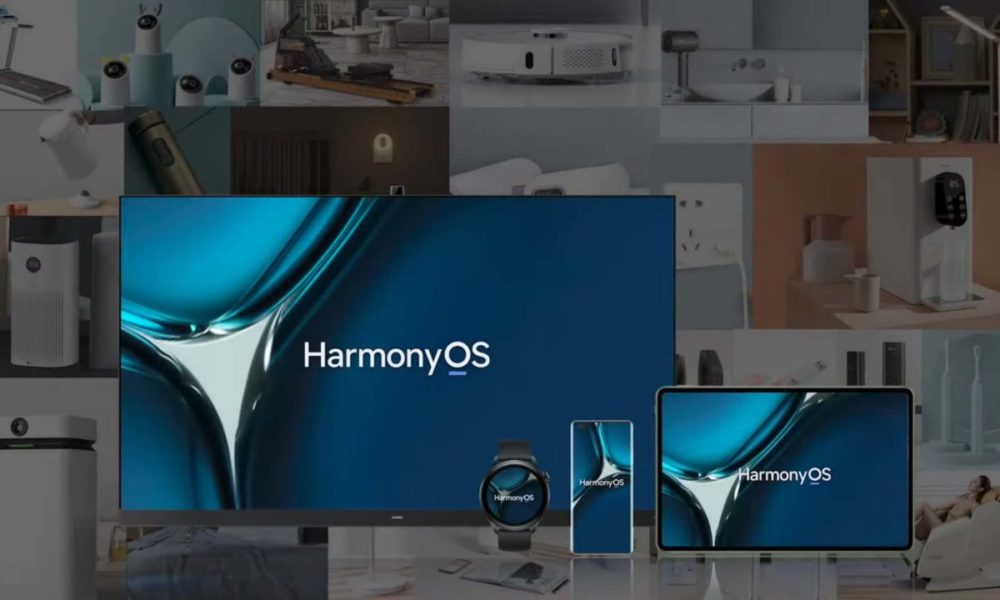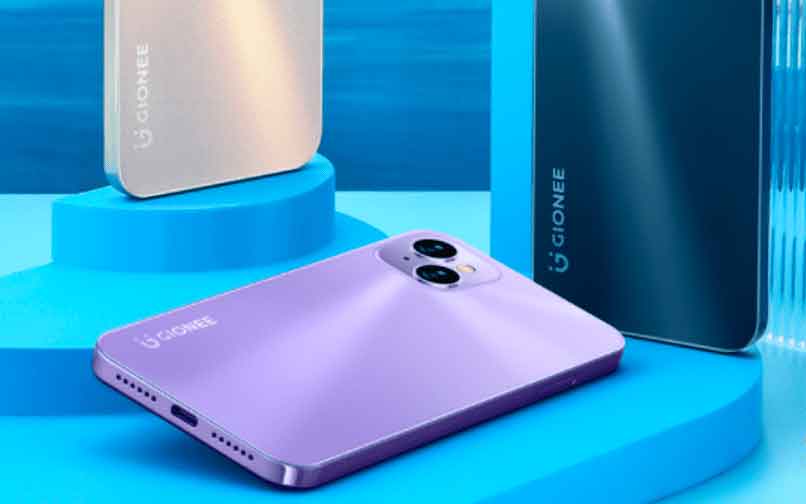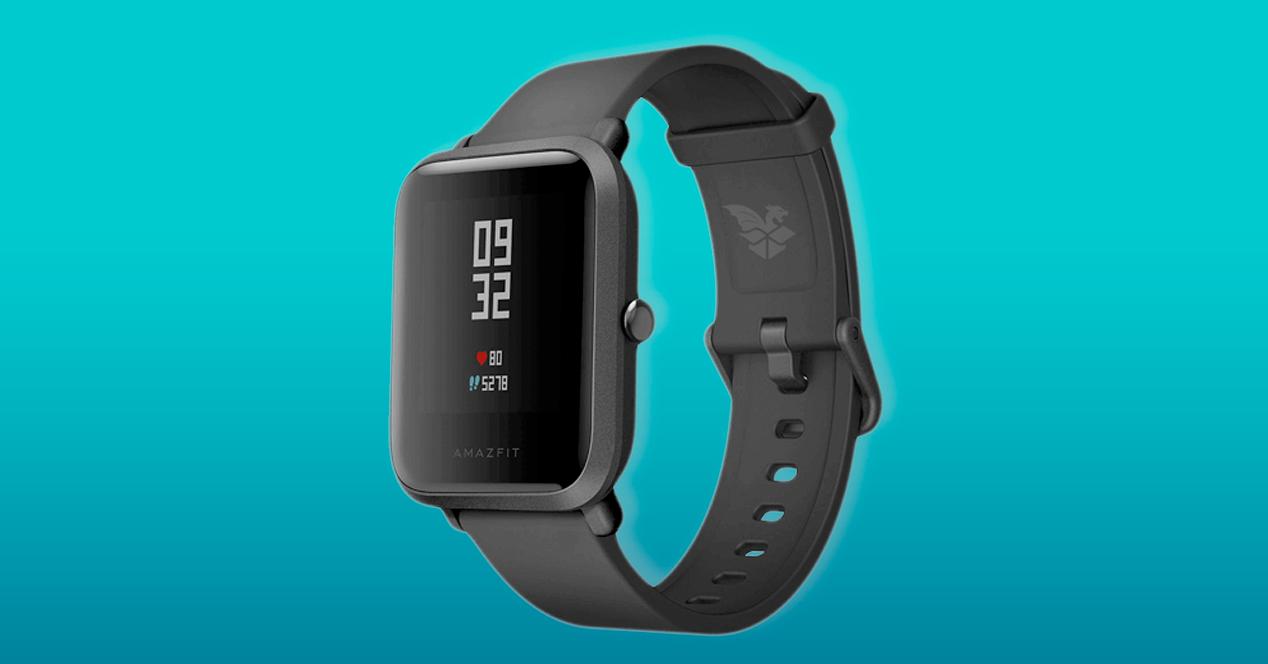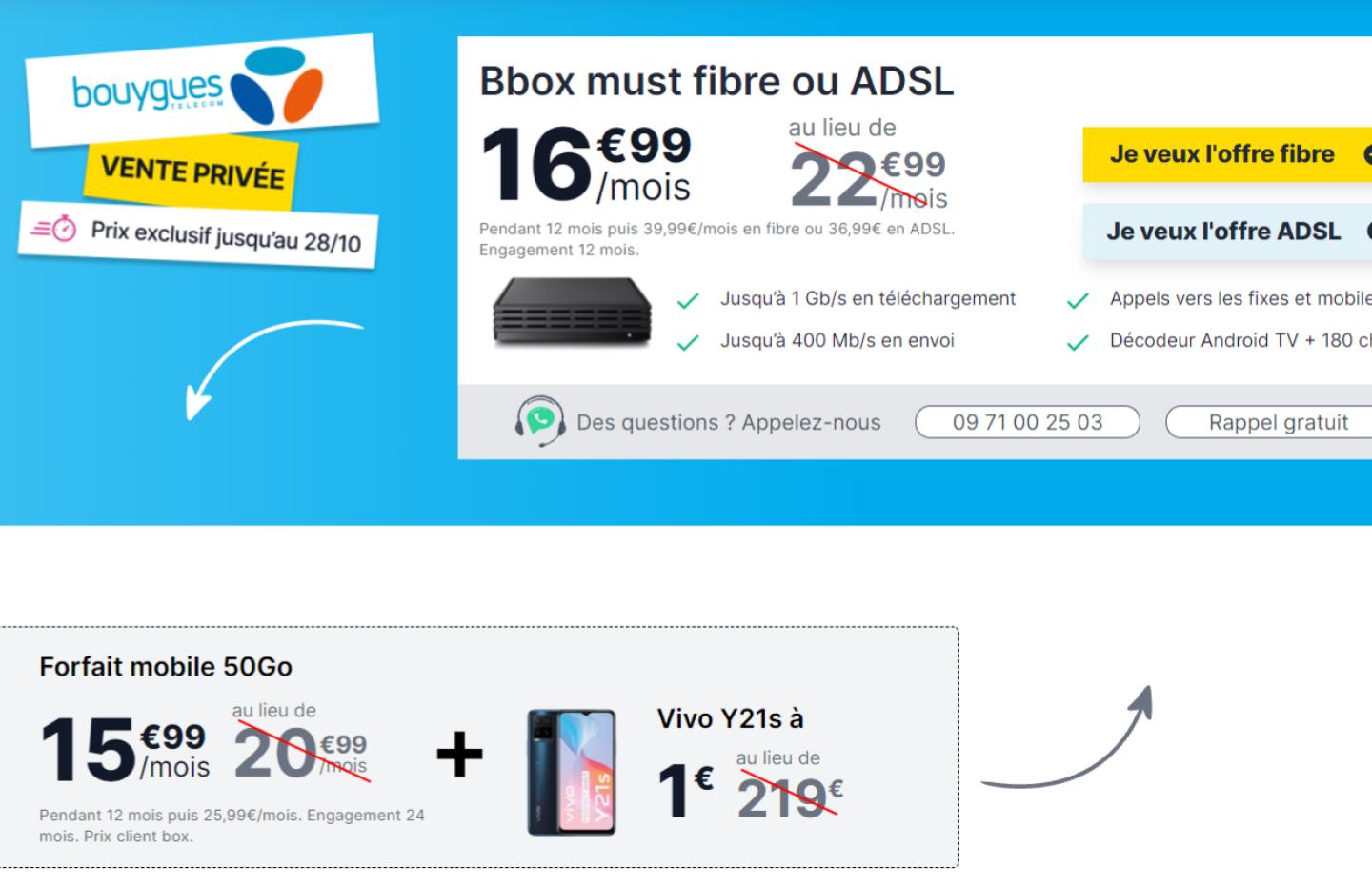
Although HarmonyOS was Huawei’s response to its veto in the United States, which prevents the brand from using Android with Google services, which was born as an operating system for its devices, he soon began to have higher aspirations. And, why settle for it being the operating system of your own devices? Why not try to attract other technology companies to make the leap to Huawei’s operating system?
This aspiration is, indisputably, the most logical, since it is nothing more than reproducing the current model of Google with Android, and one of the great tricks that HarmonyOS could play for this purpose is that of manufacturers of Chinese origin that can be banned in the United StatesAnd we must remember that this door, at least for now, is still open despite the change of administration in the country. In this sense, it is perfectly understandable that Huawei intends to become the main alternative for such cases.
The complicated thing, of course, is to attract other manufacturers. As you will remember, a few months ago the rumor began to circulate that Nokia could make the leap to HarmonyOS, at least for now we have not heard anything about this possibility, although it is still early days (as I already raised at the time), but I still think that it would be a smart move by Nokia, and that it would also serve as a thermometer for the interest that Huawei’s operating system arouses in its local market.
You probably have never heard of Gionee, a Chinese manufacturer of smartphones, smartwatches, headphones and power banks with a significant presence both in its local market and in India. And now it has been in the news for the launch of the Gionee G13, a smartphone with a design that aims to resemble that of the iPhone 13, but that stands out in a singular way for being the first mobile not manufactured by Huawei that uses HarmonyOS.
We talk about an entry-level smartphone, a quite sensible move by Gionee, who would thus carry out his first test of HarmonyOS on a cheap device, so as not to risk too much. Even more interesting is that the company would not only have opted for the operating system, but could also use Huawei Mobile Services (HMS), thus becoming more integrated into the ecosystem with which Huawei intends to compete with Google.
Are we facing an exception, or is this the first step in a movement that will grow in the short or medium term? It is likely that part of the industry will observe, with great attention, the results that Gionee obtains with HarmonyOS, to consider or not the addition of the operating system and Huawei services.
With information from Gizchina




